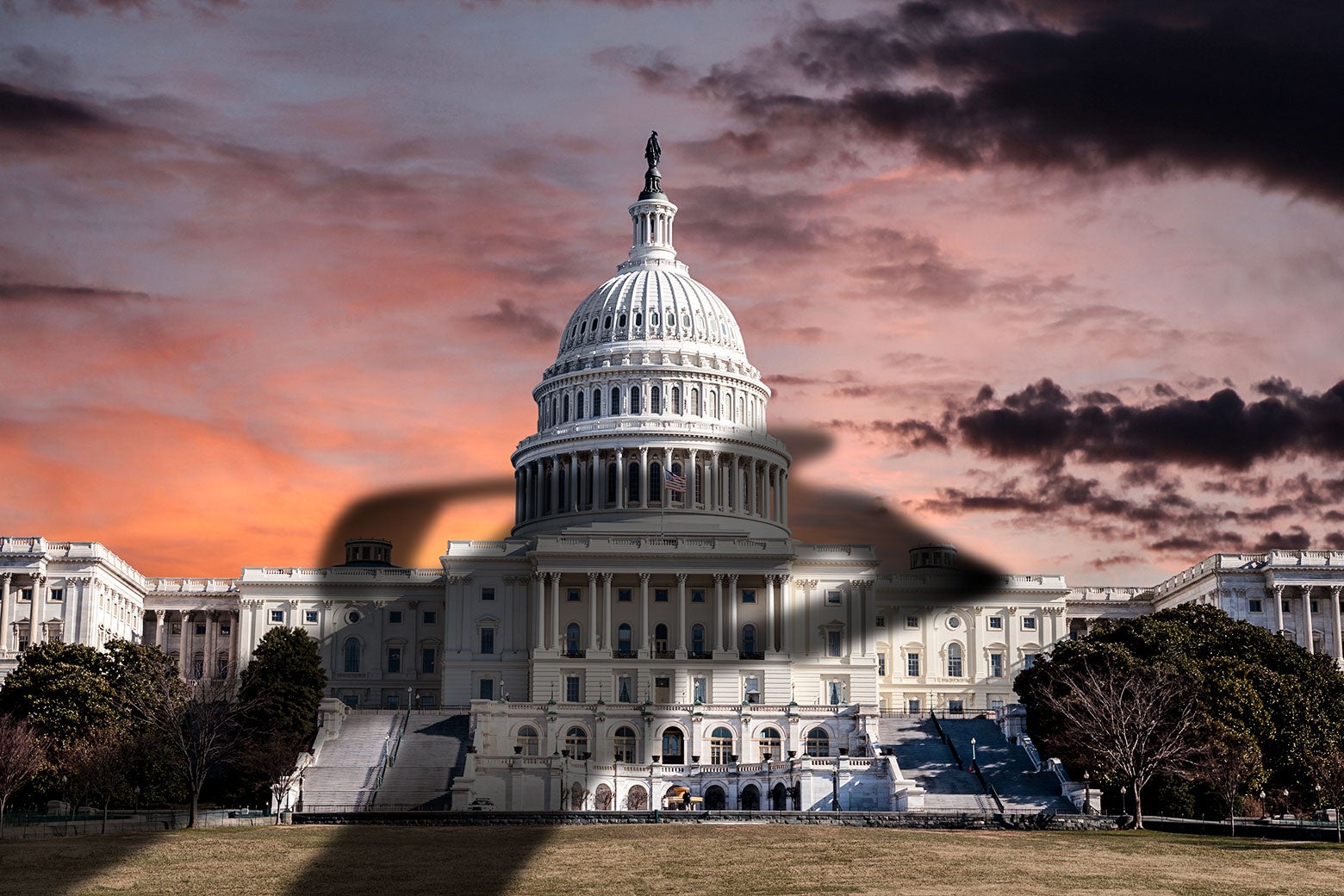Politics
What Is a Shadow Senator?

Washington D.C. is preparing for its shadow senator election, shedding light on what it might take for the capital to achieve statehood. The race features a position that many would deem the epitome of political powerlessness—acting as an elected representative without the ability to cast votes or influence legislation. The shadow senators of D.C. serve as advocates whose main role is lobbying Congress on behalf of nearly 700,000 resident voters who lack true representation in national governance.
D.C. has one shadow senator position open this election cycle, with Ankit Jain emerging victorious in the Democratic primary held in June. Jain, a voting rights lawyer, is poised to take over the role from Michael D. Brown, who has held the position for 17 years and will retire this term. Jain is no stranger to advocating for D.C. statehood and hopes to breathe new life into the position after criticizing Brown’s leadership during so-called congressional interference with local laws.
This congressional oversight was evident earlier in 2023 when a revised D.C. criminal code, a project a century in the making, was overridden by Congress. Jain argues that the path forward should focus on pushing back against such intrusions rather than blaming local lawmakers for the setbacks.
As shadow senator, Jain aims to be a strong voice against potential threats to D.C.’s autonomy, especially amid concerns surrounding the possibility of a Trump administration. He emphasizes the importance of making a compelling case for D.C.’s rights, underscoring the need for credible representation in national discussions about the city’s governance.
When asked how a shadow senator can gain traction in a Congress where they hold little leverage, Jain points to the value of direct communication. He firmly believes that being elected by D.C. residents provides a meaningful perspective that Congress members may find informative, albeit secondary to their primary concerns.
He explains that media attention is another avenue that shadow senators can enlist. By drawing public focus to congressional actions that affect D.C., they can create political repercussions for lawmakers considering such measures.
Reflecting on his decision to run for office, Jain highlights a pivotal moment when Congress vetoed important local legislation, illustrating the disconnection between federal lawmakers and D.C. residents. He believes it is essential for shadow senators to protect local laws rather than permit federal representatives to blame local governance for broader issues.
Should a Republican majority regain power, Jain contemplates the real possibility of D.C. losing its home rule. While this would require a legislative action, the potential to undermine local governance remains a palpable threat. He emphasizes that any repeal of home rule could bring risks, especially under a President Trump keen on asserting federal control over D.C.
Jain is optimistic about the future of D.C. statehood, citing a growing momentum within Congress for voting rights that encompasses the push for representation. He envisions a timeline of around a decade for meaningful progress toward statehood, largely dependent on Democratic control in government, which oscillates over time.
In addition to statehood, Jain reveals intentions to challenge the federal Height Act, which imposes limitations on building heights in the city—a decision he believes should reside with local leaders rather than distant senators.
As D.C. navigates the paths of political representation and autonomy, the urgency of the shadow senator’s role remains ever critical amid ongoing discussions about governance, rights, and local laws.
